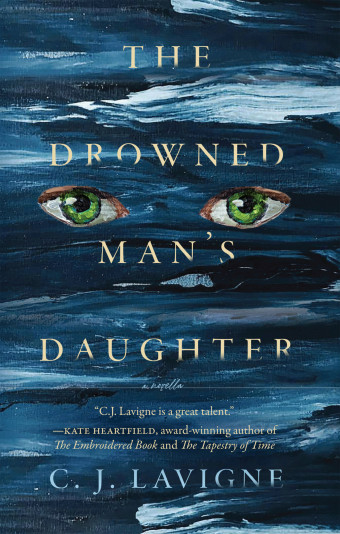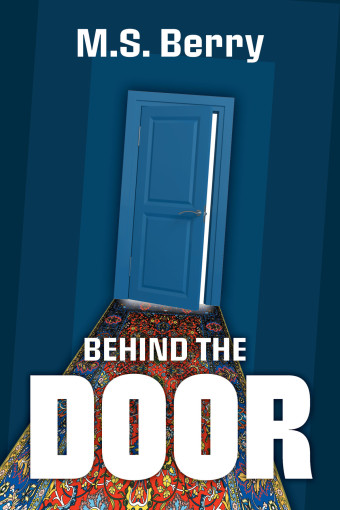The writing of Iryn Tushabe’s debut novel, Everything Is Fine Here, has enriched her life in more than one way.
She started writing stories and narrative non-fiction during a period in 2015 when her Canadian post-graduation work permit expired before her permanent residency was finalized – a time when she needed a way to take her mind off of everything.

- Everything Is Fine Here
- Iryn Tushabe
- House of Anansi Press Inc
- $24.99 Paperback, 328 pages
- ISBN: 978-14-87013-13-4
“When I was writing, I wasn’t obsessively checking the citizenship and immigration website for wait times, which were frustratingly vague,” Tushabe explains. “I wasn’t lurking in the chat rooms of those who were stuck in immigration limbo, commiserating about our stalled lives.
“In this way, stories – those I read and the ones I wrote – came to my aid during my time of need.”
By the time she received her permanent residency in the fall of 2015, she had started the story that later became Everything Is Fine Here.
Tushabe now lives in Regina, but her novel draws on her younger years in Uganda. The coming-of-age story follows 18-year-old Aine, who navigates the challenges of family and societal pressures in order to stand in solidarity with her older sister, Mbabazi, who is gay, in a country where queerness is criminalized. After a family tragedy, Aine’s loyalties are divided when her Christian mother cannot accept Mbabazi and her partner, Achen.
Although homophobia, religious intolerance, and societal discrimination are unfortunately experienced everywhere, Tushabe wanted to explore how these themes would unfold in an East African setting, where the situation is extreme.
“I wanted to meditate upon what happens, on an individual level, when a government – claiming both scientific and scriptural backing – discriminates against a group of people, perpetuating an orthodoxy that allows for those people to be called immoral, to be incarcerated and even killed,” she says.

While the author also grew up in the Ugandan village of Bigodi and attended a boarding school similar to the one Aine attended, there are some key differences between her life experiences and those of her characters. Young Tushabe bought into Christianity more than Aine and Mbabazi do, and her mother didn’t shun her when she came out.
“My biggest fear had been that she’d stop loving me,” says Tushabe, “but in fact my bisexuality became this secret that brought us closer, even if that closeness was a Christian one, in that we prayed for me together.”
Despite the oppressive environment, the novel presents a picture of thriving queer relationships.
“I hope that the book sparks dialogue about what is possible for these women as they continue living their lives,” says Tushabe. “I also hope for there to be a conversation about how queerness is portrayed in African literature.”
Exploring these young lives offered Tushabe a kind of magic. “Getting to tunnel back in time to all the geographies – both internal and external – of my younger years brought me immense joy, especially since I now live so far away from Bigodi and from all the friends and relatives in Uganda who helped shape me,” she says.
“Writing is like time travel. For me to be sitting at my desk in Regina while a version of me chastises obnoxious baboons in Bigodi is almost witchy. For this reason alone, I believe I will always be a writer.”













